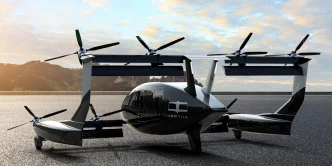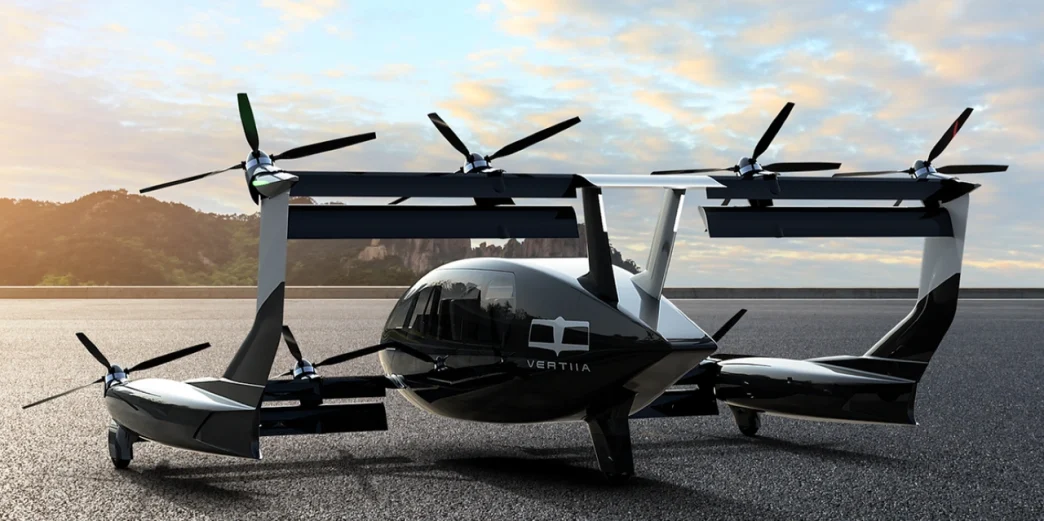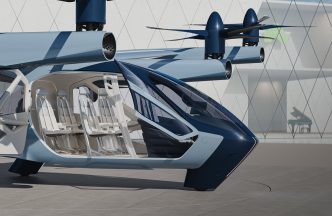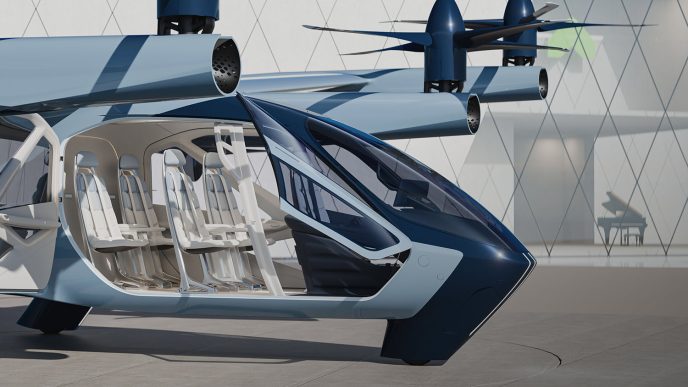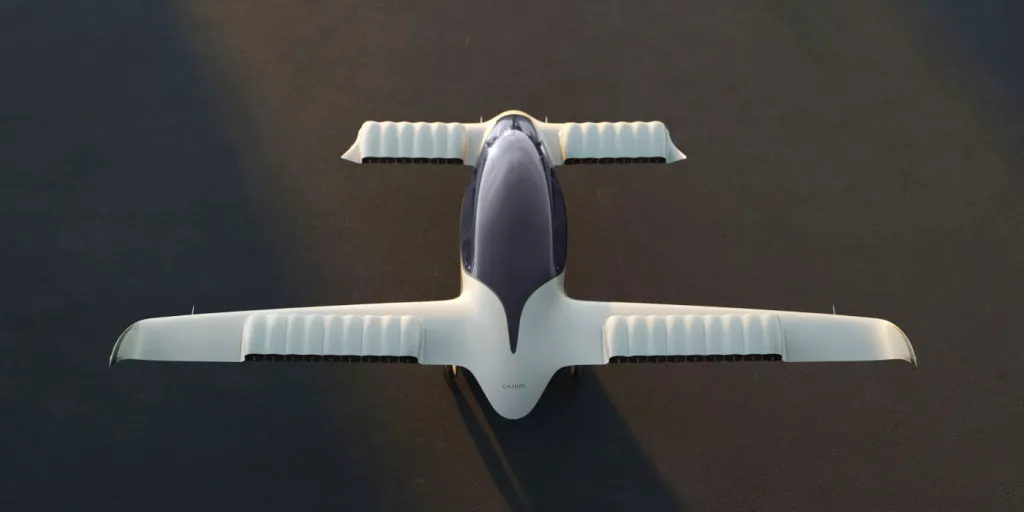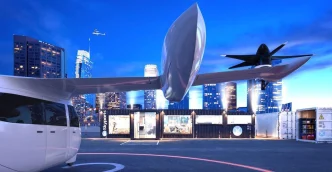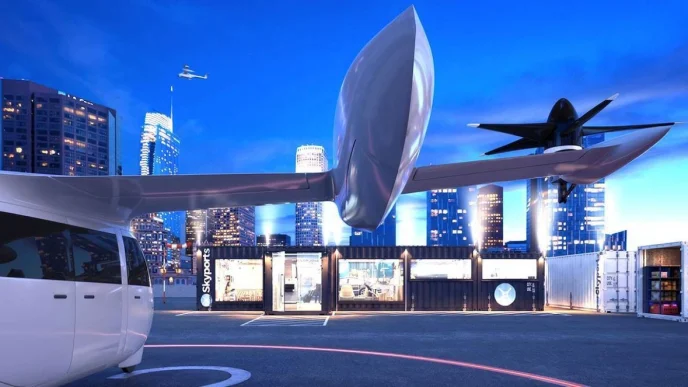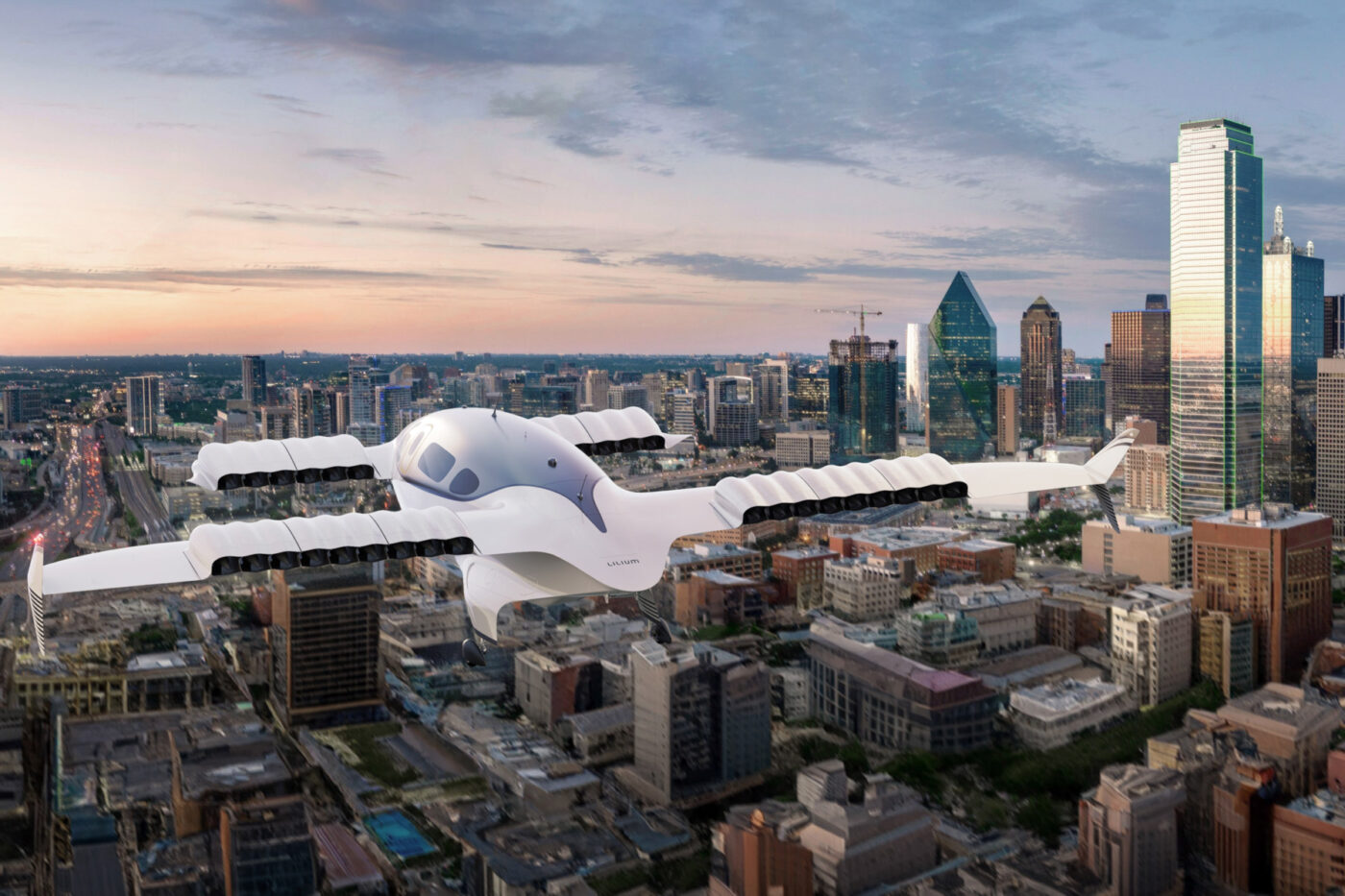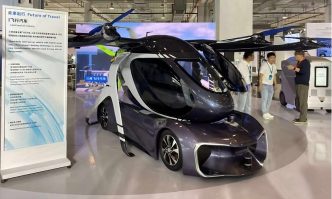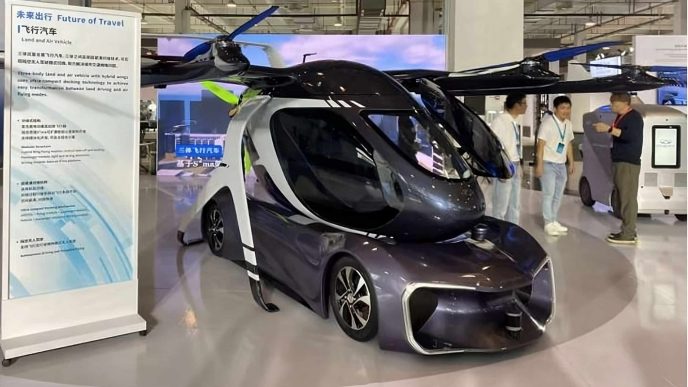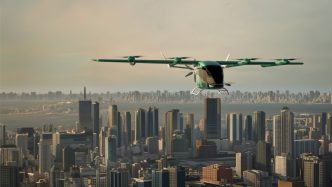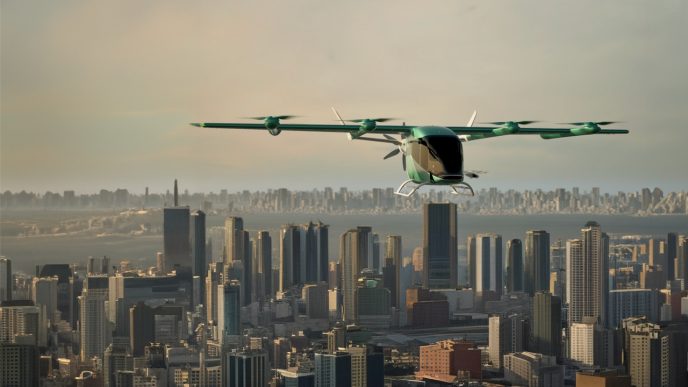AMSL Aero, an Australian flying vehicle manufacturer, has signed an agreement with the Philippines Bases Conversion and Development Authority (BCDA) to collaborate on the introduction of hydrogen-electric flying vehicles in the country. This partnership aims to develop a hydrogen energy ecosystem to facilitate passenger and freight air travel across the Philippines, including hydrogen production plants for refueling.
The company is advancing its Vertiia hydrogen-electric VTOL (vertical takeoff and landing) vehicle, which is designed to take off like a helicopter and transition to fixed-wing flight. The Vertiia has a range of 620 miles and can reach speeds of up to 186 mph.
Max York, CEO of AMSL Aero, stated, “The partnership agreement with BCDA, and also the recently signed partnership with Life Flight New Zealand, demonstrate the global demand for hydrogen-powered VTOL technology. These agreements will enable AMSL Aero to further develop our Vertiia technology to support requirements for passenger, cargo, air rescue, aeromedical, and military air operations.”
In a related development, Aviation Logistics, a major general aviation and regional airline group in Australia, has placed an order for 10 Vertiia VTOLs, with an option to purchase 10 more. Aviation Logistics is the parent company of Air Link, AirMed, and Chartair, which offer passenger services, aircraft charter, air freight, and aeromedical flights from several bases across Australia.
AMSL Aero anticipates that flights using the Vertiia could begin in 2027, pending regulatory approval. The vehicle is intended for various applications, including aeromedical services, cargo transport, and passenger travel.
The company also received a $3.6 million grant from the Australian Renewable Energy Agency to develop a fuel cell system for the Vertiia EAV and has established a partnership with Life Flight in New Zealand. AMSL Aero has raised $32 million from private investors and government programs to support the development of its flying vehicles.

